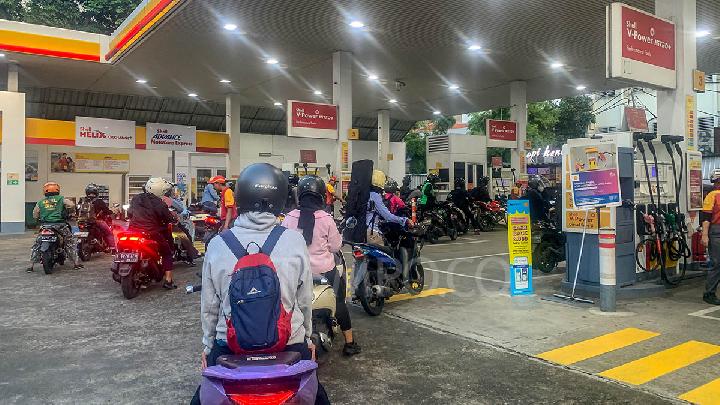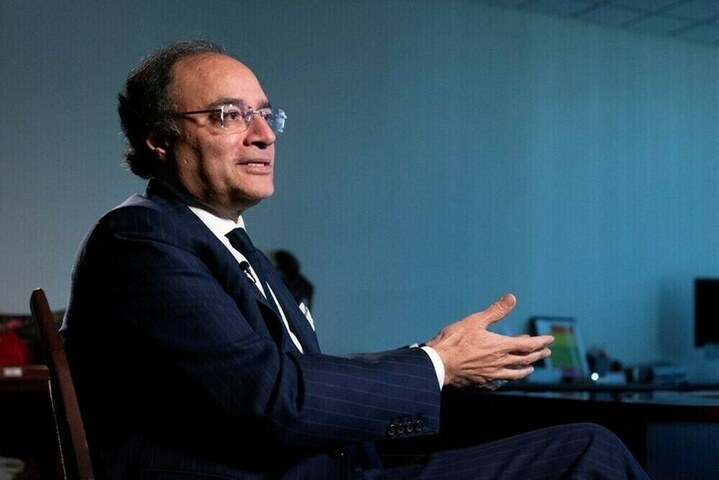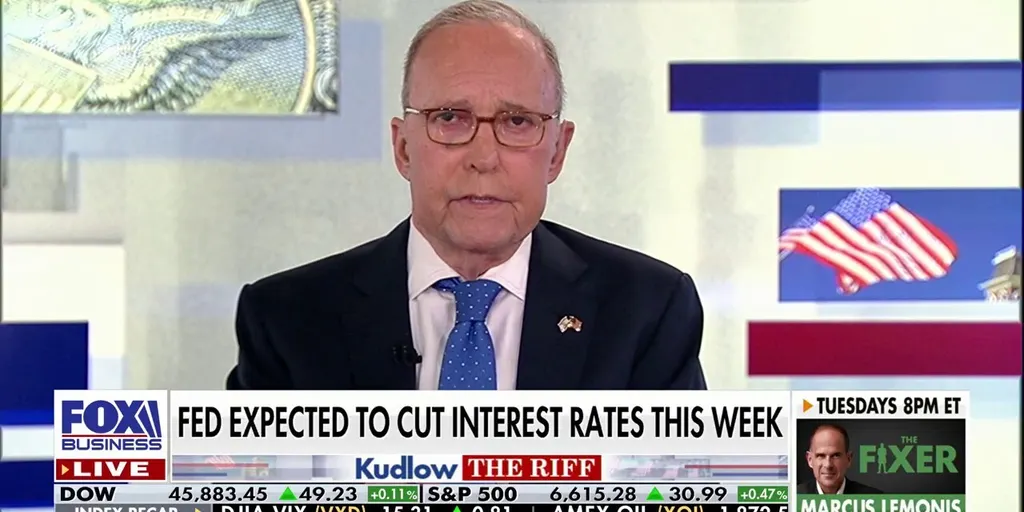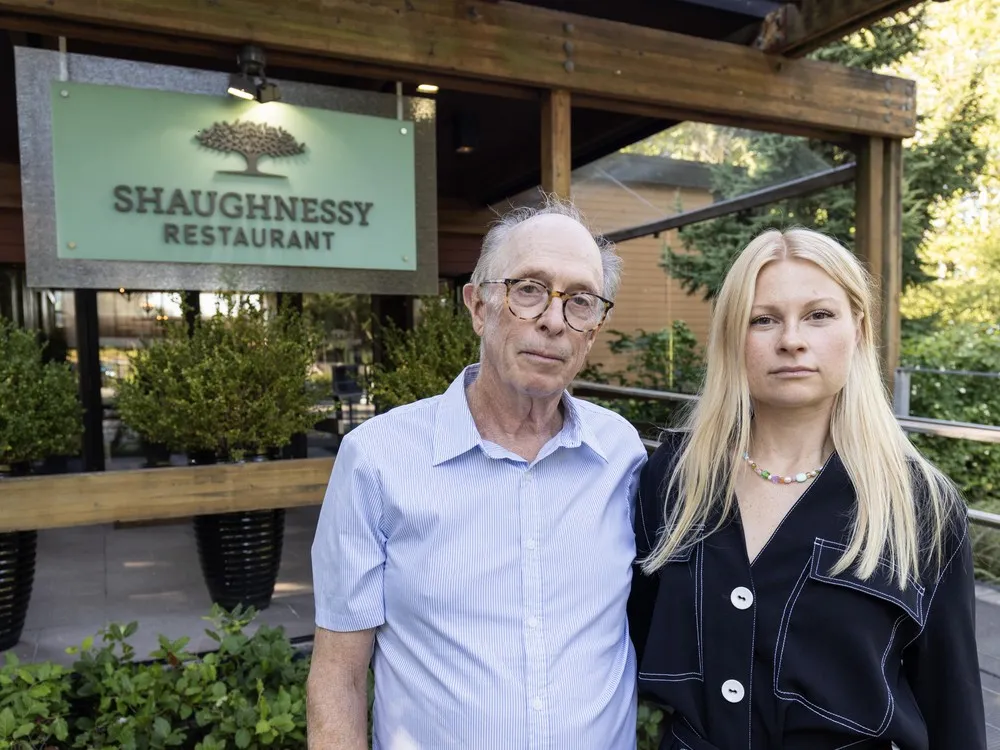By Nandito Putra
Copyright tempo

TEMPO.CO, Jakarta – Shell Indonesia has addressed the recent fuel shortages, explaining how the situation has affected its retail business. According to Ingrid Siburian, President Director and Managing Director of Mobility Shell Indonesia, the company has had to adjust its employees’ working hours due to the lack of available fuel.”We are adjusting the operational activities at our fuel stations while gasoline products are not fully available,” Ingrid said in a written message on Tuesday, September 16, 2025.She noted that Shell’s fuel stations remain open to provide other services, such as Shell Select convenience stores, Shell Recharge electric vehicle charging, workshops, and Shell lubricants.”The adjustment includes the operational hours of the fuel stations as well as the assignment of teams serving customers,” Ingrid added.As of now, products like Shell Super, Shell V-Power, and Shell V-Power Nitro+ are still unavailable at several stations. Shell is working to restore supply and is coordinating with relevant stakeholders to normalize distribution.Government Regulations and Single-Channel ImportsThe fuel shortage at private gas stations, including Shell, has been ongoing since mid-August 2025. It is suspected to be a result of new government regulations that changed the import period from once a year to every six months, with evaluations every three months.These new rules require companies to update their import permits more frequently, have specific business licenses, and periodically report their import activities to the Directorate General of Oil and Gas. This has made it difficult for several private stations to maintain their supply.Minister of Energy and Mineral Resources Bahlil Lahadalia previously stated that the import policy aims to balance oil trade and promote domestic production to reduce reliance on imports.However, Dadan Kusdiana, Secretary General of the Ministry of Energy and Mineral Resources, stressed that fuel imports must continue to be channeled through a single entity, Pertamina, as mandated by Presidential Regulation Number 191 of 2014. “Our position is clear, fuel imports continue through Pertamina,” Dadan said on Monday, September 15, 2025.Laode Sulaeman, Director General of Oil and Gas, explained that this single-channel supply system is designed to address shortages at private gas stations. Under this mechanism, if Pertamina has enough stock, it will supply private stations directly.If not, imports will still be conducted, but they must go through Pertamina. “Even if there are imports, it must still go through Pertamina. A single channel,” Laode said.He added that while the government increased the fuel import quota for private stations by 10% in 2025, the quota was quickly depleted due to high demand. The shift in consumer behavior from subsidized fuel to non-subsidized options, which has reached a transition of 1.4 million kiloliters this year, also drove up demand.Laode did not confirm if the single-channel mechanism would continue into 2026, stating that the focus is on “addressing the situation in 2025.”Vanda Laura, President Director of BP AKR, stated that her company is currently studying the option of importing through Pertamina. She believes further discussions are needed, particularly regarding fuel specifications, as each company has different additive standards.”We will submit the fuel specifications sold by BP AKR for Pertamina’s study, to be discussed further,” Vanda said after a meeting with the Directorate General of Oil and Gas on Wednesday, September 10, 2025.Editor’s Choice: Indonesia Gov’t Denies Monopoly on Fuel Supply at Private Gas StationsClick here to get the latest news updates from Tempo on Google News



